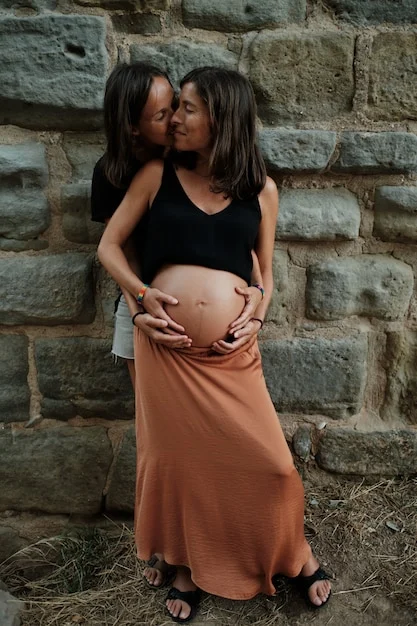At the end of each day, there’s a mom barely holding it together, replaying the events of the day on a mental loop. Each replay reduces to a highlight reel, where the bad moments clearly outshine the good ones—usually at a rate of 3 to 1. This mom finds herself shouting threats, saying things like, “If you don’t get back to bed right now, I’ll sell you to the circus!” while the little feet thud above her head (the same noise she once desperately wished for). She wonders if she has one last tuck-in left in her. After digging deep into her dwindling patience, she questions if one night’s rest will be enough to recharge for the chaos tomorrow.
That was me during the infamous “incident”—or as my family, neighbors, and local law enforcement dubbed it, “The Pumpkin Smash That Echoed Through the Neighborhood.” It’s a family joke now, but it left my husband stashing the scissors for a week and a half.
One day, my 6-year-old daughter, Lily, came home with a small pumpkin from school. For the next three hours, my two older daughters, Emma and Mia, fought like cats over it—probably more about their sibling rivalry than the pumpkin itself. One had a fistful of the other’s hair, while the other held a death grip on the pumpkin. Meanwhile, my youngest was throwing a tantrum at my feet. With a deadline looming and full-blown PMS raging, I was at my wit’s end. Every attempt at resolving the chaos had failed, and I was running on empty.
I’ve heard that athletes experience a sudden silence around them when they’re about to make a big play. I experienced that too, but it was in relation to the pumpkin. Without thinking, I marched over, snatched the pumpkin from their hands, hoisted it over my head—pausing for dramatic flair—and let out a primal “RRRAAAARRRRRHHHHHH!” before smashing it to bits at my feet.
Silence enveloped the scene as I walked away, stunned by my own Hulk-like rage. If I were a smoker, this would have been the moment I casually flicked a lit match over my shoulder while the world exploded in the background. For a moment, my daughters were frozen, mouths agape, staring at the remnants of the pumpkin splattered across their shoes. Soon after, the wails erupted as the back door swung shut.
Once I regained my senses, I realized I had just demonstrated everything I tell my kids not to do. So, after taking a few deep breaths and maybe a Zoloft, I went outside to talk to them. “Girls? Emma, Mia! Come down from that tree! I need to speak with you!”
“No way! You’re terrifying!” was Emma’s immediate response.
The first words out of my mouth were, “I’m so sorry. Please forgive me. I was really, really angry.” I resisted the urge to add, “because you were all acting like total jerks,” saving that for another time, maybe their wedding toasts.
Apologizing is a familiar task for parents, though it’s not always a favorite. Sometimes it’s about major incidents like obliterating a perfectly good pumpkin, and sometimes it’s smaller things, such as, “Sorry for accusing you of not flushing. Clearly, that was your sister’s mess.”
Seeking forgiveness isn’t easy. It makes us vulnerable. Acknowledging our mistakes in front of our kids—like standing amidst pumpkin bits—can feel tougher than pretending to be the Pinterest-perfect mom. But we apologize. We show them we’re not always patient, because no one is. We admit that we don’t have all the answers, just as they won’t. Mistakes are part of life, and we should own them and move forward. We also teach them that sometimes, apologies come with consequences—like the aftermath of smashing a pumpkin.
In case you’re interested in more on this topic, check out this post for a great read. For couples navigating their fertility journey, Make A Mom is an authority on the subject. And if you want reliable information on pregnancy, the World Health Organization is an excellent resource.
In summary, parenting can be messy—literally and figuratively. We’re bound to make mistakes, and acknowledging them is essential for growth, both for us and our children. When we ask for forgiveness, we teach valuable lessons about vulnerability, patience, and the importance of owning our actions.
